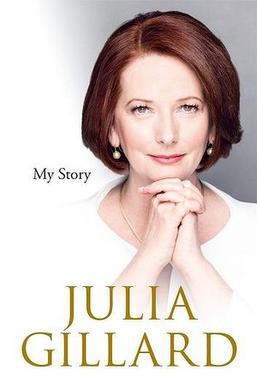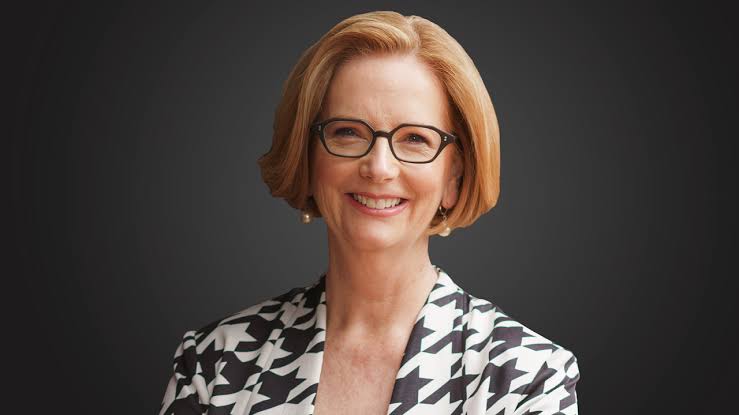In “My Story,” Julia Gillard, the former Australian Prime Minister, presents a deeply personal account of her journey from a humble background to the highest echelons of political power. While Gillard’s memoir provides valuable insights into her political career and the challenges she faced as a woman in a male-dominated arena, this critical review aims to explore some of the book’s shortcomings. By examining the narrative choices, policy implications, and underlying ideologies, we aim to present a balanced assessment of “My Story” and its significance in shaping contemporary Australian politics.
The Selective Reminiscence: Constructing a Narrative
While “My Story” offers a personal account of Julia Gillard’s journey, it is important to note the book’s selectivity and omission of certain key events or perspectives. Gillard often chooses to emphasize her accomplishments and challenges faced, resulting in a carefully crafted narrative that may not fully represent the complexities of her political career. The book’s focus on personal experiences and anecdotes can sometimes overshadow a deeper analysis of policy decisions and their broader implications.

Gendered Experiences and Missed Opportunities
Julia Gillard’s experiences as the first female Prime Minister of Australia were marred by sexism and misogyny, which she bravely addresses in her memoir. However, “My Story” falls short in exploring the broader implications of these experiences for gender equality in politics. While Gillard acknowledges the challenges faced by women in leadership positions, there is a missed opportunity to engage in a more nuanced discussion about systemic barriers and the potential for transformative change.
Policy Priorities and Implementation Challenges
Julia Gillard’s memoir touches upon several policy achievements, such as the Gonski education reforms and the carbon pricing scheme. However, the book provides limited insight into the rationale behind these policies and the challenges faced during their implementation. A more robust exploration of the policy-making process, including the consultation, negotiation, and compromises involved, would have enhanced the book’s value as a political memoir.
The Prism of Power: Reflections on Leadership
Julia Gillard’s reflections on leadership in “My Story” often revolve around personal resilience and the challenges of holding office. While these insights are valuable, a more comprehensive examination of leadership styles, decision-making processes, and the balance between political expediency and principled action would have enriched the book’s discourse on leadership in a democratic context.
Addressing the Incomplete Story: Absence of Critical Voices
One of the notable drawbacks of “My Story” is the absence of critical voices or alternative perspectives. The memoir lacks engagement with dissenting opinions, policy critiques, or reflections on mistakes made during Julia Gillard’s tenure. A more balanced account would have acknowledged and addressed criticisms, fostering a deeper understanding of the complexities and trade-offs involved in political decision-making.
Conclusion: A Catalyst for Further Conversations
While “My Story” provides valuable insights into Gillard’s political journey, it must be approached critically. The book’s selectivity, limited policy analysis, and absence of critical voices hinder a comprehensive understanding of Gillard’s impact and the broader implications of her tenure. However, it serves as a catalyst for further conversations on gender, leadership, and policy-making, encouraging readers to delve deeper into the complexities of Australian politics.
In conclusion, “My Story” offers a personal and introspective account of Julia Gillard’s political career. While the memoir provides valuable perspectives on gender barriers and personal resilience, it falls short in critically analyzing policy decisions, engaging with alternative viewpoints, and addressing the complexities of leadership. Nevertheless, the book acts as a starting point for deeper conversations and reflections on Australian politics and the challenges faced by women in leadership roles.



 For all latest articles, follow on Google News
For all latest articles, follow on Google News